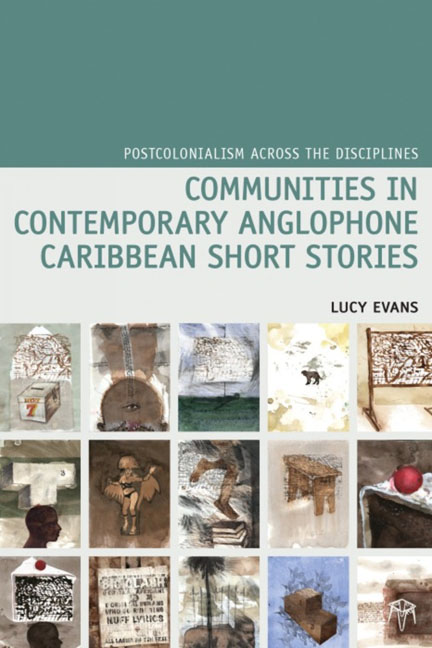3 - National Communities
Summary
Benedict Anderson defines the nation, in ‘an anthropological spirit’, as an ‘imagined political community’. The reason nations are imagined, he explains, is that ‘the members of even the smallest nation will never know most of their fellow-members, meet them, or even hear of them, yet in the minds of each lives the image of their communion’. He draws here on Ernest Gellner’s theory of the nation. In Gellner's view, nationalism ‘is not the awakening of nations to self-consciousness: it invents nations where they do not exist’. However, Anderson is careful to distinguish his own conception of the nation as an ‘imagined’ community from Gellner's understanding of the nation as an ‘invented’ community. The word ‘invention’, he points out, suggests ‘falsity’ and ‘fabrication’, and contains the assumption that the ‘invented’ national community can be compared to ‘true’ or ‘real’ communities. In Anderson’s view, all communities are imagined, and the fact that they are imagined does not make them any less real.
Anderson goes on to assert that the nation ‘is imagined as limited’ because it ‘has finite, if elastic, boundaries, beyond which lie other nations’. He adds that the nation is ‘imagined as a community, because, regardless of the actual inequality and exploitation that may prevail in each, the nation is always conceived as a deep, horizontal comradeship’. The willingness to die for a nation, he argues, could not exist without such comradeship. Anderson attributes this kind of strong allegiance to, and emotional investment in, a nation to its ‘cultural roots’,6 and other theorists have similarly emphasised the nation's cultural dimensions. According to Gellner, ‘nations can indeed be defined in terms of both will and of culture, and indeed in terms of the convergence of them both with political units’, so that ‘men will to be politically united with all those, and only those, who share their culture’. He thus posits an alignment between the nation as an imagined community, as a cultural artefact and as a political unit.
The study of nations and nationalism is a relatively recent development within anthropology, due to the discipline's origins as the study of ‘primitive’ peoples rather than modern and ‘Western’ social phenomena.
- Type
- Chapter
- Information
- Communities in Contemporary Anglophone Caribbean Short Stories , pp. 121 - 155Publisher: Liverpool University PressPrint publication year: 2019



